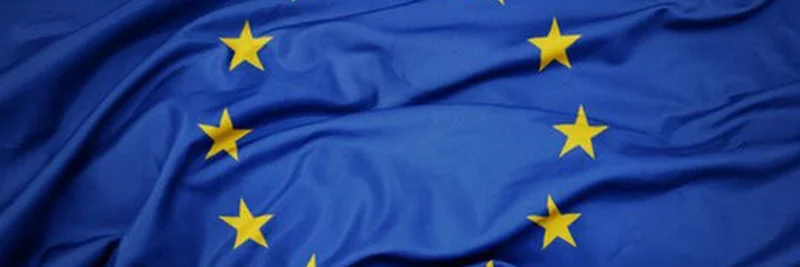Hey folks, if you're deep into the meme token scene like I am, you've probably heard the buzz about regulatory wins that could supercharge the crypto space. Today, we're diving into a fresh development that's got the community talking: Swiss crypto bank AMINA just snagged a MiCA license. This isn't just some bureaucratic checkbox—it's a game-changer for crypto accessibility in Europe, and yes, that includes your favorite meme coins.
What Happened? The Tweet That Broke the News
It all kicked off with a tweet from @MrWhaleHQ, a go-to source for crypto updates. They dropped this bombshell: "🚨BREAKING: 🇨🇭 Swiss crypto bank AMINA secures MiCA license, unlocking crypto services across Europe. This is HUGE." Accompanied by an image of the EU flag, it's clear this move is all about bridging Switzerland's crypto prowess with the broader European market.
For context, AMINA Bank (formerly known as SEBA Bank) is a Swiss-based institution that's been at the forefront of digital assets. They've already got a banking license from Switzerland's FINMA, and now, through their Austrian subsidiary, they've secured approval under the EU's Markets in Crypto-Assets (MiCA) regulation. You can read more about it on CoinDesk or directly from AMINA's site.
Breaking Down MiCA: What It Means in Simple Terms
MiCA, or Markets in Crypto-Assets, is the EU's comprehensive framework for regulating crypto. Think of it as a set of rules that make the crypto world safer and more standardized across all 27 EU countries. It covers everything from stablecoins to crypto asset service providers (CASPs), ensuring consumer protection, anti-money laundering measures, and market integrity.
For AMINA, this license acts like a passport. Once approved in Austria by the Financial Market Authority (FMA), they can offer services like crypto custody, trading, and even staking across the entire EU without jumping through hoops in each country. It's a big step toward mainstream adoption, making it easier for institutions and everyday users to dip their toes into crypto.
Why This Matters for Meme Tokens
Now, let's connect the dots to meme tokens—the wild, community-driven coins that thrive on hype, virality, and accessibility. Europe has been a bit of a regulatory patchwork, which has slowed down adoption for fun, speculative assets like Dogecoin knockoffs or the latest Solana memes.
With AMINA's entry, we could see:
- Easier On-Ramps: More regulated platforms mean simpler ways for Europeans to buy and trade meme tokens without sketchy exchanges. Imagine seamless fiat-to-crypto conversions fueling the next meme pump.
- Institutional Interest: Banks like AMINA could attract big money into crypto, indirectly boosting liquidity for meme markets. If institutions start custodying assets, meme tokens might get a slice of that pie through diversified portfolios.
- Compliance Boost: MiCA emphasizes transparency, which could weed out scams and build trust. For legit meme projects, this is golden—think audited smart contracts and clearer listings.
Community reactions in the thread echo this excitement. One user hyped ERC-8004 narratives, suggesting we're still early in certain meme trends. Others shilled tokens like $Goldcoin and $TAIKI, predicting wider adoption. It's classic crypto Twitter: news drops, and the shills follow, but it shows how regulatory green lights get the meme machine revving.
Potential Challenges and What's Next
Of course, it's not all moonshots. MiCA's strict rules might make it tougher for unregulated meme tokens to thrive if exchanges tighten listings. But overall, this paves the way for a more mature market where memes can evolve beyond pure speculation—maybe even into utility-driven projects.
Keep an eye on how AMINA rolls out services. If they integrate popular meme chains like Solana or Base, it could spark a European meme renaissance. For now, this license is a win for the ecosystem, signaling that crypto is going mainstream, one regulation at a time.
What do you think—will this pump your meme bags? Drop your thoughts in the comments, and stay tuned to Meme Insider for more updates on how regs shape the meme token world.


